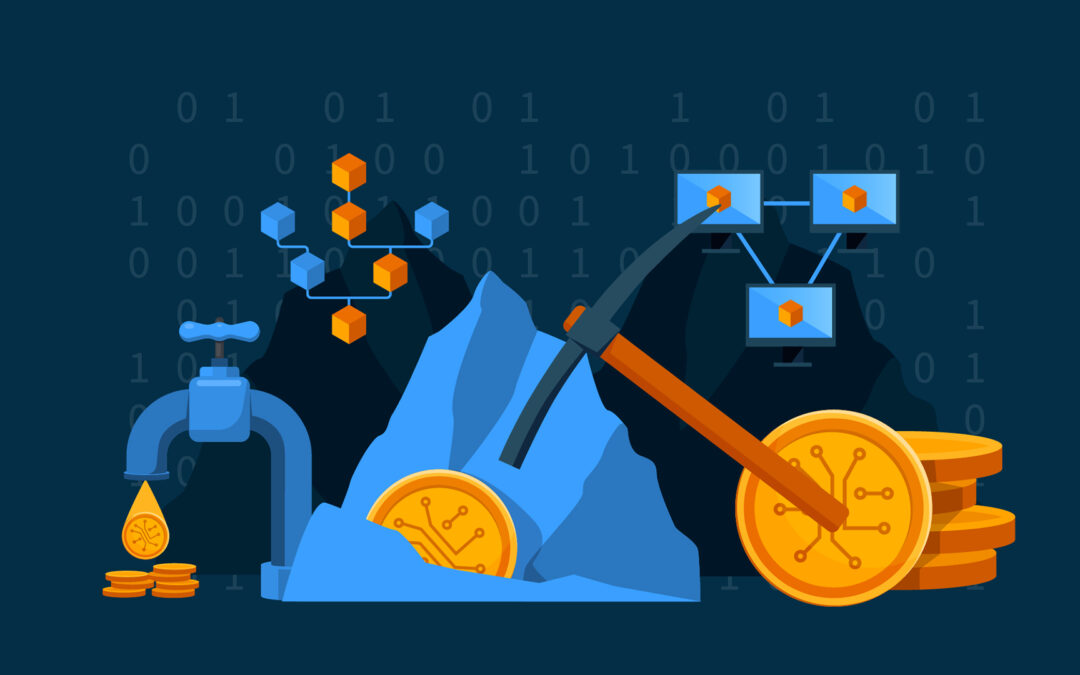In a world where trust is often a rare commodity, the rise of blockchain technology brings a glimmer of hope. Blockchain, the decentralized ledger that underpins cryptocurrencies like Bitcoin, is proving to be more than just a buzzword. Beyond its association with digital currencies, blockchain stands tall as a formidable weapon in the fight against corruption. In this blog post, let’s delve into how this revolutionary technology is reshaping the landscape and emerging as a powerful anti-corruption tool.
Understanding the Basics
Before we dive into the anti-corruption aspects, let’s briefly grasp what blockchain is. Think of it as an unalterable, transparent, and decentralized digital ledger. Each block in the chain contains a list of transactions, and once a block is completed, it’s linked to the previous one, forming a secure chain. This decentralized nature eliminates the need for intermediaries, fostering trust and transparency in transactions.
Transparent Transactions
One of the key features that make blockchain a potent anti-corruption tool is its transparency. Traditional systems often lack transparency, providing room for corruption to thrive in the shadows. Blockchain, on the other hand, records every transaction in a secure and tamper-proof manner. This transparency not only deters corrupt practices but also allows for easy traceability of funds.
Immutable Record-Keeping
The immutability of blockchain records is a game-changer in the fight against corruption. Once a block is added to the chain, it becomes practically impossible to alter the information it contains. This means that any attempt to manipulate or erase records is immediately flagged, ensuring the integrity of the data. In a world where corrupt practices often involve altering records, blockchain acts as an incorruptible guardian.
Smart Contracts
Enter smart contracts, self-executing contracts with the terms of the agreement directly written into code. This feature automates processes, reducing the need for intermediaries and minimizing the risk of corruption. Smart contracts operate on the “if-then” logic, ensuring that parties involved in a transaction uphold their end of the bargain. This not only streamlines processes but also reduces the opportunities for corruption to seep in.
Decentralization and Elimination of Intermediaries
Traditional systems often rely on intermediaries, creating vulnerabilities for corruption to thrive. Blockchain, with its decentralized nature, eliminates the need for intermediaries. This not only reduces costs but also minimizes the potential points of corruption. Peer-to-peer transactions become more secure, and the risk of corruption is significantly diminished.
Conclusion
As we navigate the complex landscape of combating corruption, blockchain emerges as a beacon of hope. Its transparency, immutability, smart contracts, and decentralization collectively form a robust anti-corruption framework. The potential impact of blockchain in promoting accountability and trust is undeniable. The journey toward a corruption-free world may be long, but with blockchain leading the way, the destination seems more achievable than ever.

